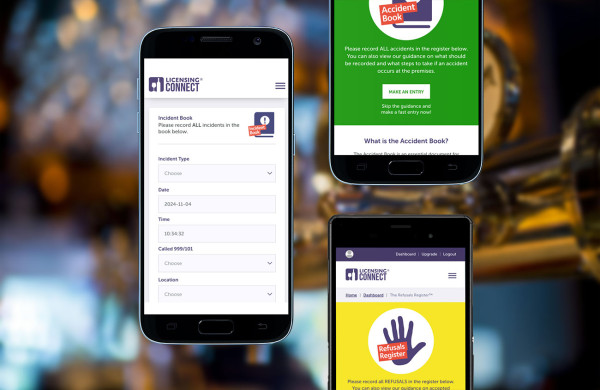How Do We Foster Creative Ownership in Busy Teams?
Rekindling the Spark!
Posted by ![]() Scott, 21 Jul 2025
Scott, 21 Jul 2025

The Erosion of Creative Ownership
It's a familiar story. Creatives in busy teams, despite their passion and talent, often find their sense of ownership slowly eroding This isn't usually due to bad intentions, but rather the relentless demands of briefs, tight deadlines, multiple sign-offs, and complex processes. I've seen firsthand how valuable it is for designers and creatives to have a dedicated space to make things for themselves, outside the daily grind, the strict guidelines, and the endless layers of approval.
When you're constantly delivering in a studio or agency environment, it's easy to fall into a rhythm where you're always producing but rarely feeling genuine ownership over the final output. Over time, this can be incredibly draining. I've witnessed enthusiastic, brilliant creatives enter the industry, only to slowly lose that initial energy. It's not a reflection of their skill, but rather a consequence of not seeing or feeling the true impact of their work. This is especially true for more junior team members who often miss out on the positive feedback that does come in.
The power of side projects
I've experienced this myself. There have been times when, due to work, life, or a combination of both, I've stepped away from my own creative practice. The absence is noticeable, not just creatively, but in terms of confidence, motivation, and the feeling of continuous personal development.
I know there can be hesitation around side projects or self-initiated work. Yet, I genuinely believe that when supported correctly, these outlets empower designers to grow, build resilience, develop new skills, and gain fresh perspectives. Ultimately, these benefits feed directly back into the team's success.
Nurturing Creative Ownership
As leads or managers, one of our most crucial (and challenging) responsibilities is to recognise when someone is starting to fade, especially when workloads are heavy. This is precisely when providing space, encouragement, or simply a bit of permission to create something for themselves can make a profound difference. It's not always about implementing massive changes. Sometimes, it's simply about acknowledging when someone needs a bit more room to explore, to reclaim that sense of ownership, to remember what they excel at, and why they embarked on this creative journey in the first place.
At Ryde, we're constantly thinking about how to nurture creativity and prevent burnout. What truly helps people feel ownership in busy teams, under pressure, and with layered sign-offs? Food for thought ...


